By naturopath Margaret Jasinska
Hot summer weather causes a lot of people to struggle with fluid retention. Swollen ankles are particularly common in people who stand all day. Others experience fluid retention in their fingers, abdomen or face. It can get very uncomfortable. Sometimes, holding onto excess fluid can signify health problems. If fluid retention is a significant problem for you, please see your doctor. This article will provide some useful remedies for dealing with mild fluid retention.
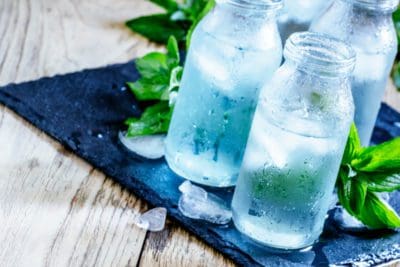

It’s important to keep drinking lots of water
Drinking more will actually help your body to release stored fluid. A dehydrated body is more likely to retain fluid. In hot weather it is important to drink between one and three litres of water each day; depending on your environment and how much you sweat.


Try to get some movement each day
Sitting or standing in one spot for long periods of time encourages the development of oedema in the legs. Avoid sitting with your legs crossed for long periods as this impairs circulation. Exercise stimulates muscle contractions in your legs, forcing the movement of fluid back up to your heart. If you must sit for long periods, make circles with your ankles and move your toes regularly to help the movement of fluid. You can also raise your legs up onto your toes while sitting, which works the calf muscles.
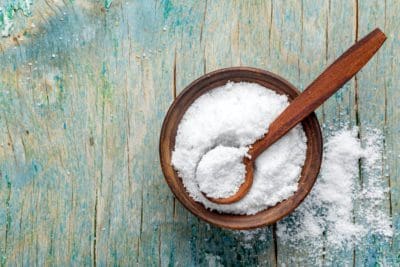

Eat some salt, but not too much
You do need some salt in your diet but if you regularly eat processed foods or buy meals from restaurants or cafes, you are probably eating too much salt. If you suffer with insulin resistance, you will not be able to tolerate as much salt. Use more herbs and spices to flavour food instead.
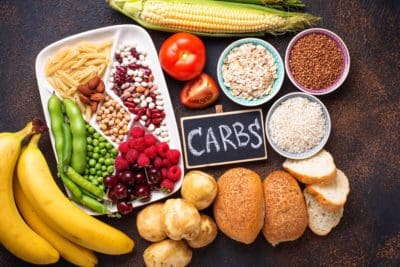

Carbohydrate can cause a lot of puffiness
Carbohydrate rich foods like sugar, bread, pasta, rice, potatoes, breakfast cereals, sweet drinks and foods containing flour all promote the release of insulin into your bloodstream. Insulin stimulates your body to retain fluid and sodium, giving you the puffy look. If you base your diet on protein, natural fats and vegetables (as in the book I Can’t Lose Weight and I Don’t Know Why) you will probably achieve a healthy weight and be far less puffy.


Food intolerance and sensitivity can promote fluid retention
Common culprits are dairy products, wheat and gluten. Some people are sensitive to eggs, nuts, soy, corn or nightshade vegetables. An elimination diet can be an effective way of determining food sensitivities. A meat and vegetable style diet for a few weeks eliminates the most common problematic foods.
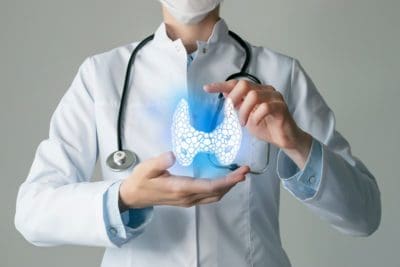

Check to see if you have a thyroid condition
Thyroid conditions can cause fluid retention, particularly under the eyes and in the lower legs. If your thyroid hormones have not been tested recently, see your doctor or naturopath for a thyroid function test. For more information about thyroid health see our book Your Thyroid Problems Solved.
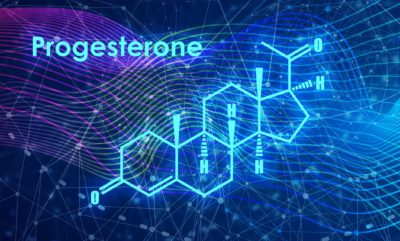

Progesterone deficiency
Progesterone deficiency can be a culprit if fluid retention is much worse the week before your menstrual period. Progesterone deficiency increases the risk of PMS, pre-menstrual fluid retention, sore breasts, increased hunger and cravings before a period, as well as heavy, painful periods. Bio-identical progesterone cream is very effective for addressing these symptoms; it requires a doctor’s prescription. The doctors at our clinic are very experienced in the use of bio-identical progesterone for helping female hormonal disorders.
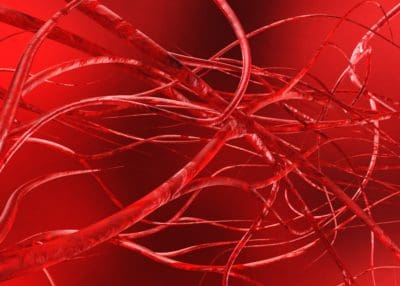

Weak vein walls promote fluid retention in the legs
Fluid leaks out of the veins and accumulates in surrounding tissue. There are a number of herbs and nutrients that help to strengthen blood vessels, reduce swelling and improve circulation. The greens and superfoods in Dr Cabot’s Superfood powder provide flavonoid antioxidants that strengthen blood vessel walls. They can also help to reduce aching legs and feet from having to stand for long periods of time.


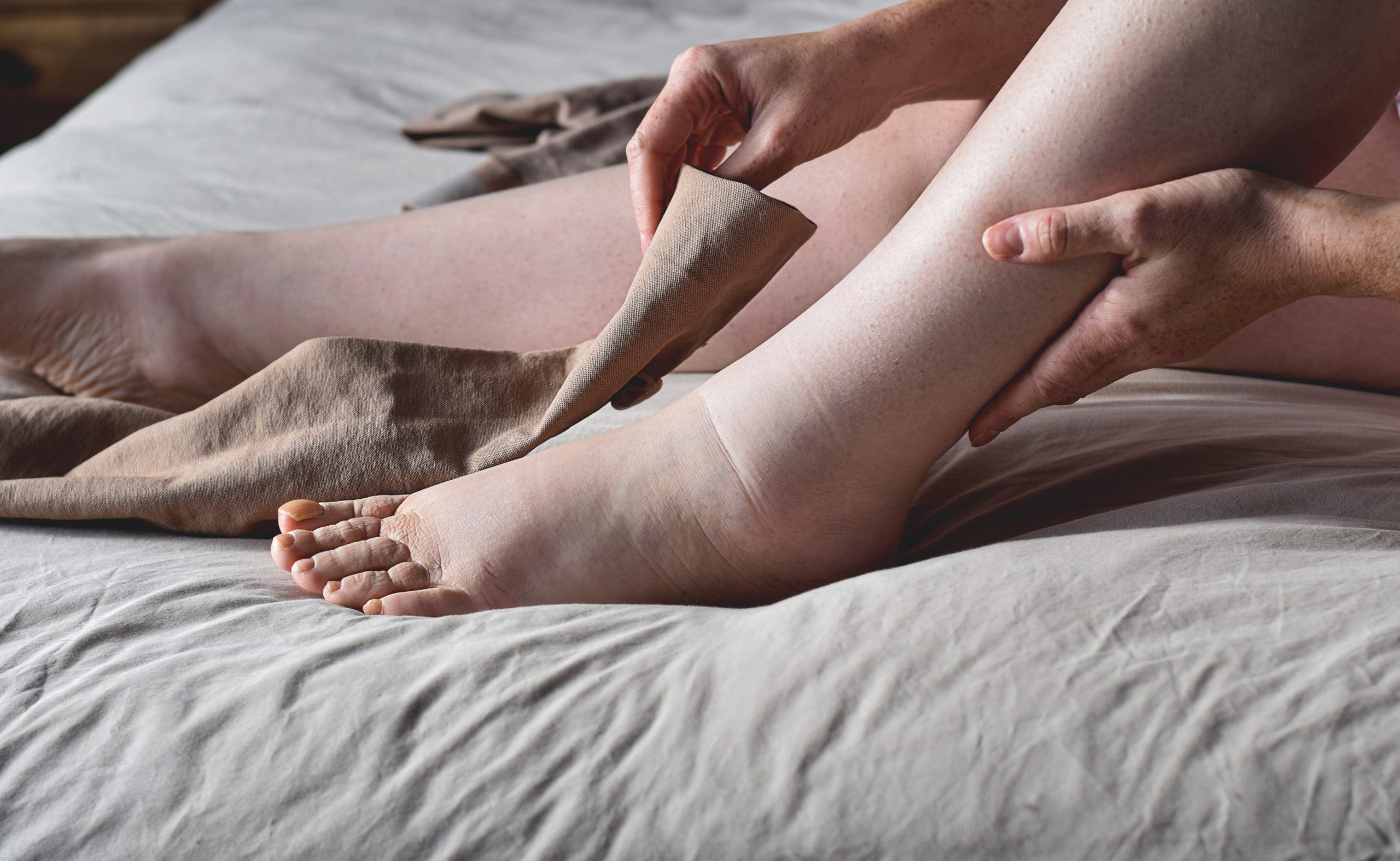






Leave A Comment